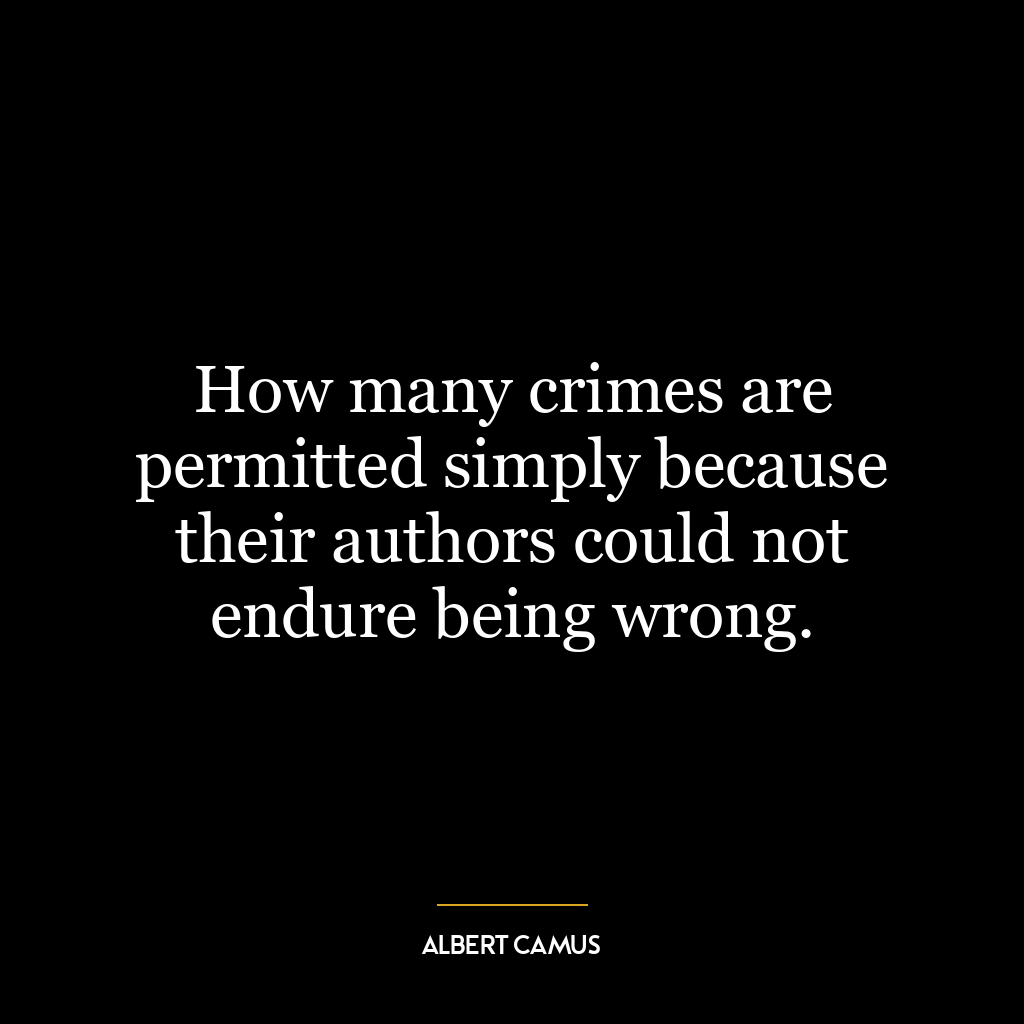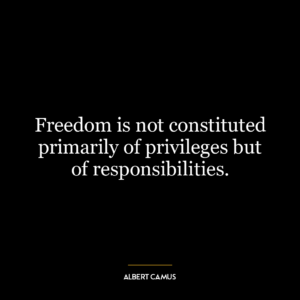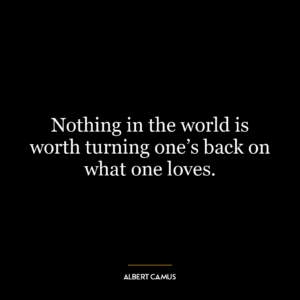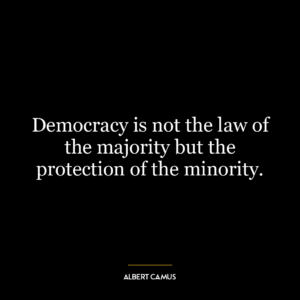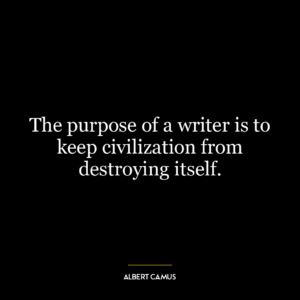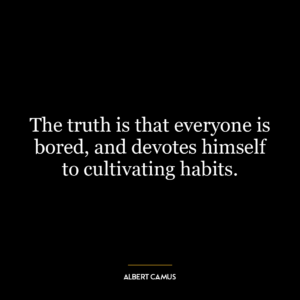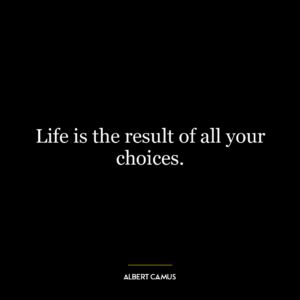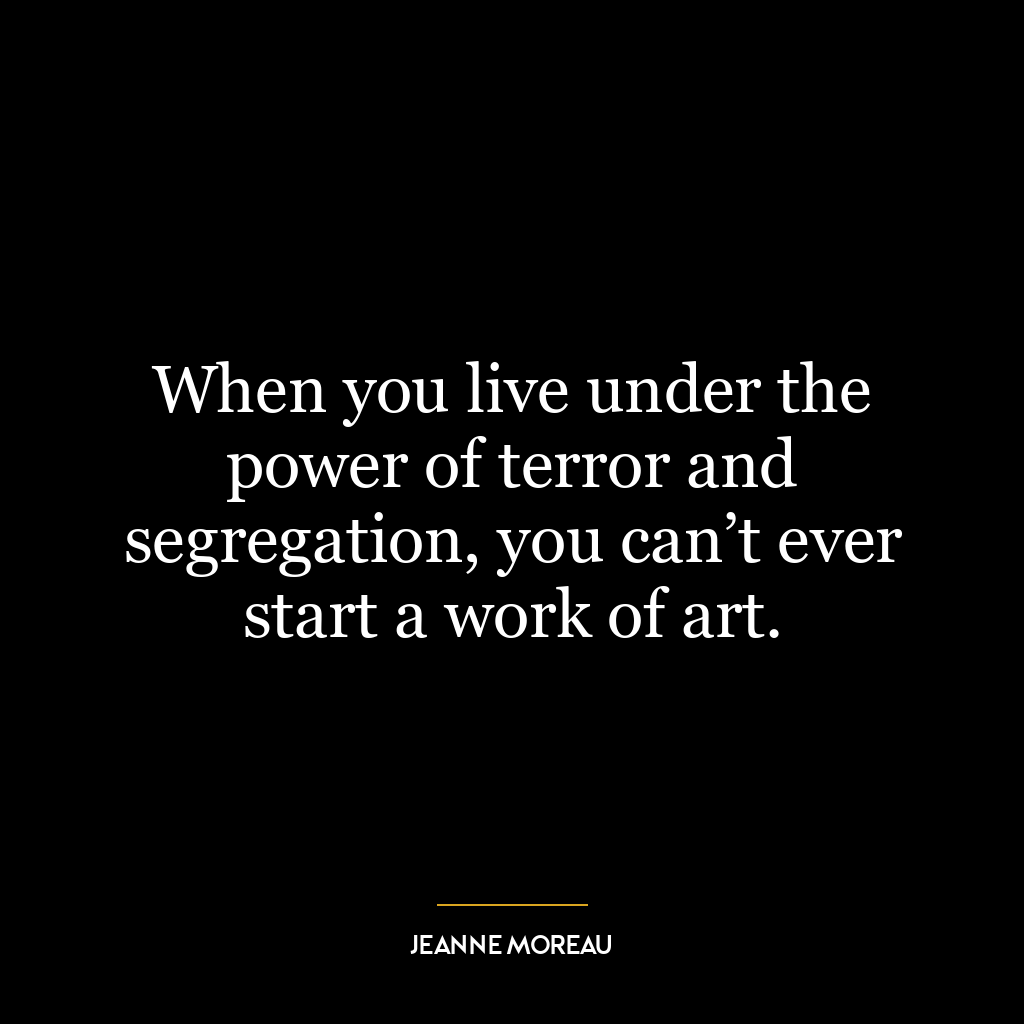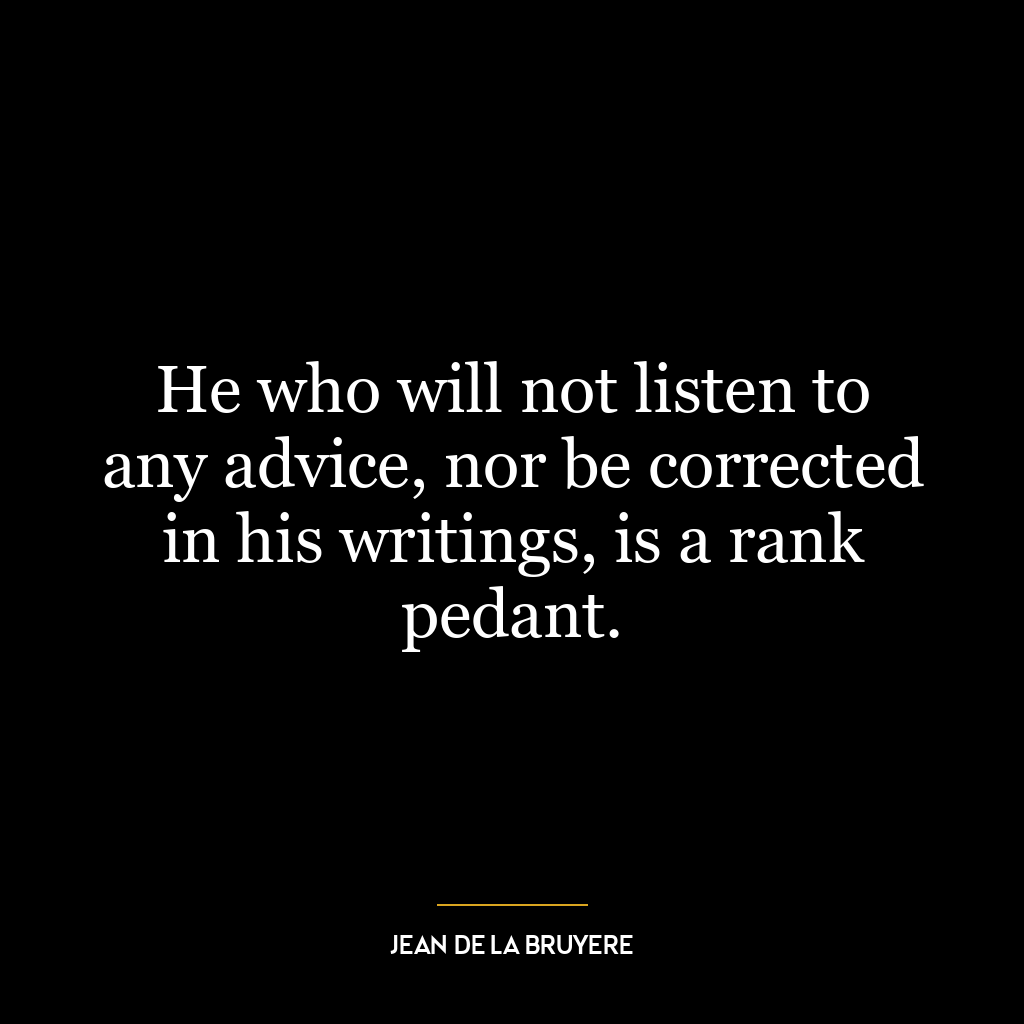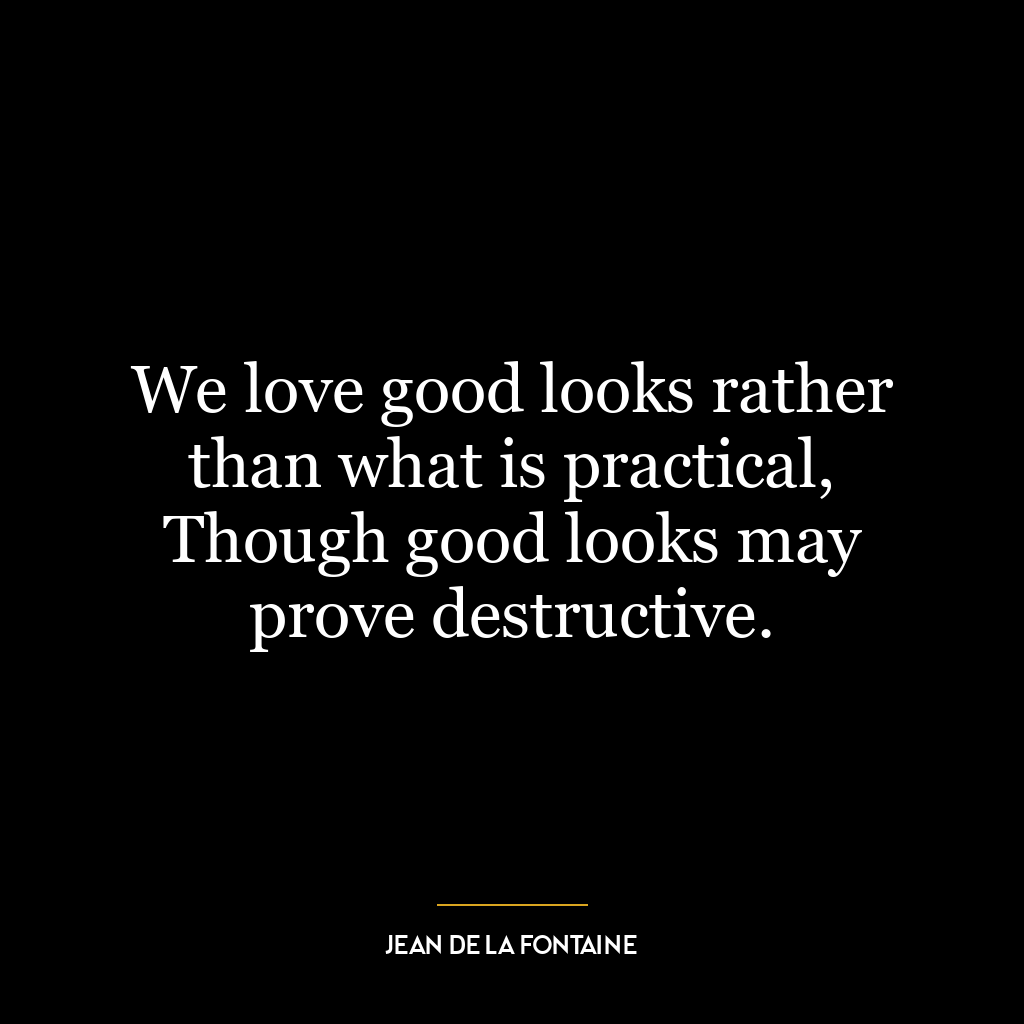How many crimes are permitted simply because their authors could not endure being wrong.
This quote suggests that people often commit wrongful acts because they cannot accept their mistakes or their flawed beliefs. It highlights the human tendency to hold onto our beliefs and opinions so strongly that we are willing to cross ethical and moral boundaries to prove ourselves right. This is driven by the fear of being wrong, the fear of facing our own shortcomings, and the fear of what others might think of us if we admit our mistakes.
In the context of crimes, it could refer to a range of actions – from white-collar crimes like fraud, where individuals manipulate systems to maintain a facade of success, to violent crimes where people harm others to assert their distorted beliefs. The root cause in both cases can be traced back to an inability to accept being wrong, to accept failure, or to accept a different perspective.
Applying this concept to the modern world, we can see this behavior manifesting in various forms – from fake news and misinformation campaigns to political and corporate scandals. People and institutions often go to great lengths to uphold their image, their beliefs, or their status quo, even if it involves unethical practices or harms others.
In terms of personal development, recognizing this tendency within ourselves is a crucial step towards growth. It involves developing the humility to admit when we’re wrong, the courage to face our mistakes, and the openness to learn from them. It’s about valuing truth and integrity over our ego or our image. When we’re able to do this, we not only become better individuals, but we also contribute to creating a more honest and ethical society.

